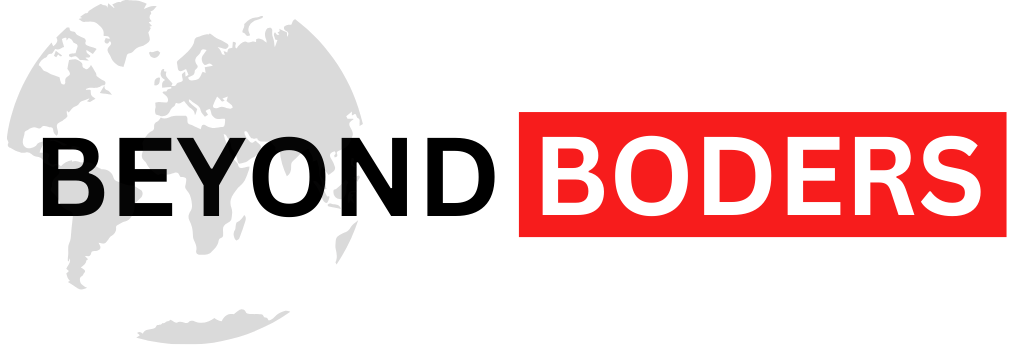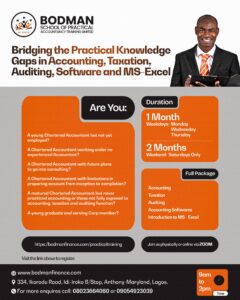Australia’s Prime Minister, Anthony Albanese, has announced a new plan to stop children under 16 from using social media platforms like Facebook and TikTok.
Albanese stated that social media is “doing real harm to our kids” and aims to protect young people by setting stricter age limits.
If the law passes, social media companies will be responsible for enforcing the age ban. They could face large fines if they allow underage users.
This new rule would make Australia one of the strictest countries on social media use for kids. “This one is for the mums and dads. Social media is doing real harm to kids and I’m calling time on it,” Albanese told reporters.
The new rule will be reviewed by state leaders this week, and the government plans to introduce it in parliament in late November. After it becomes law, tech companies will have a year to find ways to enforce it.
Albanese emphasized that it would be up to social media platforms, not parents or kids, to make sure underage users are kept out.
Meta, the company behind Facebook and Instagram, responded by saying it will follow any new age restrictions from the Australian government. However, Meta’s safety head, Antigone Davis, warned that poorly planned laws might not truly help teens and their parents.
Meanwhile, DIGI, an industry group, said the ban could prevent teens from accessing mental health resources. “Swimming has risks, but we don’t ban young people from the beach, we teach them to swim between the flags,” a DIGI spokesperson said.
Social media, once valued for keeping people connected, has faced criticism for cyberbullying, harmful content, and misinformation. Albanese highlighted that young people, especially young girls, are impacted by unrealistic body images on these platforms.
Communications Minister Michelle Rowland agreed, saying social media companies have not done enough to keep young users safe. She warned companies like Instagram, Facebook, TikTok, and X (formerly Twitter) could face hefty fines if they break the rules, potentially reaching well over $600,000.
Some experts question whether a strict age ban can work, as age checks are often unreliable and could threaten privacy. A few exceptions may be made, such as allowing YouTube access for school-related use.
In recent years, Australia has increased its efforts to control tech giants, with varied success. Other recent actions include a proposed “combating misinformation” law and a move to ban unauthorized “deepfake” videos.




